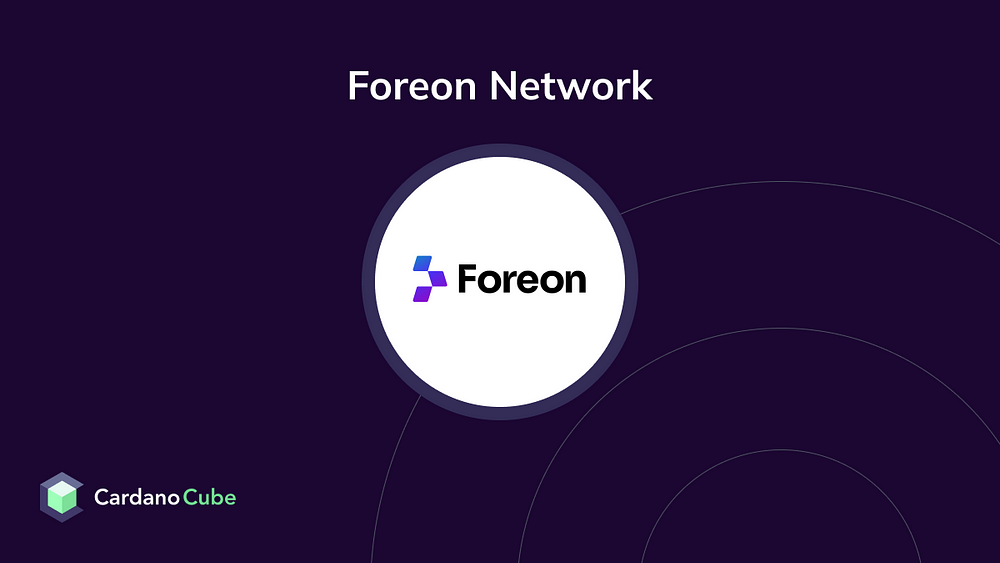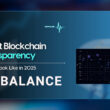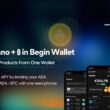Decoding Prediction Markets and Their Underlying Issues
Prediction markets are speculative platforms where participants can trade on the outcomes of future events. These markets harness the wisdom of the crowd, aggregating individual beliefs and opinions into a collective forecast or prediction. They have been used to predict a wide variety of events, from election results to sports outcomes, financial market trends, and more.
In a prediction market, individuals buy and sell ‘shares’ in potential outcomes. If you believe an event is likely to happen, you buy shares in that outcome. If the event does happen, those shares pay off. If it doesn’t, the shares become worthless. In this way, the price of a share in any given outcome can be interpreted as the market’s aggregated belief in the probability of that outcome.
Despite their potential for accurate forecasting, traditional prediction markets face several significant challenges:
1. Centralization: Traditional prediction markets are usually managed by centralized organizations. This centralized control can lead to issues such as censorship, lack of transparency, and susceptibility to manipulation. A centralized authority can influence the market by controlling the types of events that can be traded, setting the odds, or even altering the results.
2. Regulatory constraints: Prediction markets often face stringent regulatory scrutiny due to their similarity to gambling and financial markets. This can limit their accessibility and the range of markets they can offer.
3. High fees: Traditional prediction markets typically charge high fees to cover their operational costs, reducing the potential returns for participants and discouraging participation.
4. Liquidity issues: Liquidity can be a problem in prediction markets, particularly for less popular or niche predictions. If there aren’t enough participants trading on an outcome, it can be difficult for users to buy or sell shares when they want to.
5. Trust and security: Participants must trust that the centralized authority will act fairly and honestly, and that they will pay out winnings as promised. This can be a significant barrier to participation, particularly in online markets.
6. Market limitations: Traditional prediction markets tend to focus on popular and mainstream events, like elections or sports events. This leaves a significant number of potential markets untapped and limits the diversity of opinions that can be harnessed.
Decentralized prediction markets, like the Foreon Network, aim to overcome these challenges, offering a transparent, secure, and accessible platform for trading on the outcomes of future events. By harnessing the power of blockchain technology, decentralized prediction markets promise to revolutionize the industry, creating a more open, fair, and inclusive platform for collective forecasting.

What is Foreon
Foreon is a decentralized prediction market platform built on the Cardano blockchain. It aims to revolutionize prediction markets by addressing the limitations and challenges associated with traditional prediction markets.
Foreon leverages the power of blockchain technology to provide a platform that is transparent, secure, and accessible. Utilizing Cardano’s robust infrastructure and smart contracts, it facilitates trustless and transparent transactions, while significantly reducing transaction fees.
The core features of Foreon include:
1. Decentralization: Foreon operates in a peer-to-peer manner, with no central authority or intermediaries. This approach not only ensures transparency and fairness but also increases efficiency and lowers costs. It also means that users retain full control over their assets and can participate in markets without relying on a central entity.
2. Transparency: All transactions and bets made on the Foreon network are recorded on the blockchain, providing an immutable and transparent record. This level of transparency allows users to have confidence in the accuracy and fairness of the market outcomes.
3. Security: The security of Foreon is ensured by the underlying Cardano blockchain, which uses a proof-of-stake consensus algorithm, making the network resistant to attacks and fraud attempts. The use of smart contracts, which are immutable once deployed, also ensures that the rules of the prediction market are followed without manipulation.
4. Efficiency: The efficiency of the Foreon Network is achieved through the use of blockchain technology. By eliminating the need for intermediaries, transactions are processed quickly and securely, while the use of smart contracts ensures automatic enforcement of rules.
5. Accessibility: Foreon aims to make prediction markets accessible to everyone, regardless of location or financial status. The platform is designed to be user-friendly, with an intuitive interface that makes it easy for users to participate in prediction markets.
Furthermore, Foreon utilizes the DJED stablecoin as its trading medium, offering stability and mitigating the risks associated with cryptocurrency volatility. This provides users with a secure trading environment.

How do the Smart contracts work
Foreon’s smart contracts are the backbone of the platform, enabling it to function as a decentralized prediction market. These smart contracts are written in Plutus, a functional programming language used for smart contract development on the Cardano blockchain. Here’s a simplified breakdown of how these smart contracts function:
1. Market Creation Contract: This contract allows users to create their own prediction markets on the network. Users provide details such as the market title, description, and end time.
2. Prediction Market Contract: This contract holds the funds bet by users on the outcome of events. When the event concludes and the outcome is determined, this contract distributes the winnings to the correct predictions based on a predetermined formula.
3. Oracle Contract: This contract works with decentralized oracles like Chainlink to retrieve external data on the outcome of events and report it to the prediction market. This ensures that the outcome determination process is fair and accurate.
4. Dispute Resolution Contract: This contract allows users to challenge the outcome of events and initiate a dispute resolution process if they believe there has been an error in outcome determination.
Here’s a simplified flow of how a user interacts with these smart contracts:
- A user uses the Market Creation Contract to create a prediction market, defining the event and its possible outcomes.
- Other users can then interact with the Prediction Market Contract to place bets on the possible outcomes of the event.
- Once the event occurs, the Oracle Contract fetches the actual outcome and reports it to the Prediction Market Contract.
- The Prediction Market Contract then determines the winning bets and distributes the pot of funds accordingly.
- If a user disagrees with the outcome determination, they can initiate the Dispute Resolution Contract to challenge the result.
This system ensures transparency, security, and fairness in the prediction market, as all interactions are governed by smart contracts, and the outcomes are determined based on external data fetched by decentralized oracles.
How could this revolutionise the industry?
Foreon, as a decentralized prediction market built on the Cardano blockchain, presents a potential revolution in the industry due to several reasons:
1. Transparency and Trust: All transactions and bets on Foreon are recorded on the blockchain, creating an environment of trust and transparency. This is a stark contrast to traditional prediction markets, where transparency is often lacking, and users have to trust the central authority to play fair. With Foreon, anyone can verify transactions and market outcomes, fostering confidence in the market’s accuracy and fairness.
2. Accessibility and Inclusion: Traditional prediction markets often have barriers to entry, such as geographic location, financial status, or access to the right financial institutions. Foreon, as a decentralized platform, breaks down these barriers and offers a platform that’s accessible to everyone, regardless of their location or financial status. This could lead to a substantial increase in participation in prediction markets, particularly from underserved regions.
3. Reduced Costs: By eliminating intermediaries and utilizing blockchain’s efficient transaction handling, Foreon can significantly reduce transaction costs. Lower fees can make participation more appealing to a wider audience, contributing to greater market liquidity and activity.
4. Improved Security: Utilizing the security features of the Cardano blockchain and smart contracts, Foreon provides a secure platform resistant to fraud and manipulation, which are potential issues in centralized prediction markets.
5. User Empowerment: Foreon allows users to create their own prediction markets, empowering individuals to generate markets relevant to their interests or expertise.
6. Community Engagement and Rewards: Foreon incentivizes user participation and community engagement with rewards, token emissions, and community-driven governance. This can encourage active participation and engagement from users, leading to a vibrant and dynamic ecosystem.
7. Real-World Utility: Prediction markets have wide-ranging applications in forecasting, risk assessment, and decision making. By enhancing prediction markets with blockchain’s benefits, Foreon could revolutionize fields like finance, insurance, politics, sports, entertainment, and more.
By tackling the pain points of traditional prediction markets, Foreon stands to introduce a new era in prediction marketplaces. One where transparency, trust, and community engagement take center stage, leading to a more inclusive and dynamic industry.










